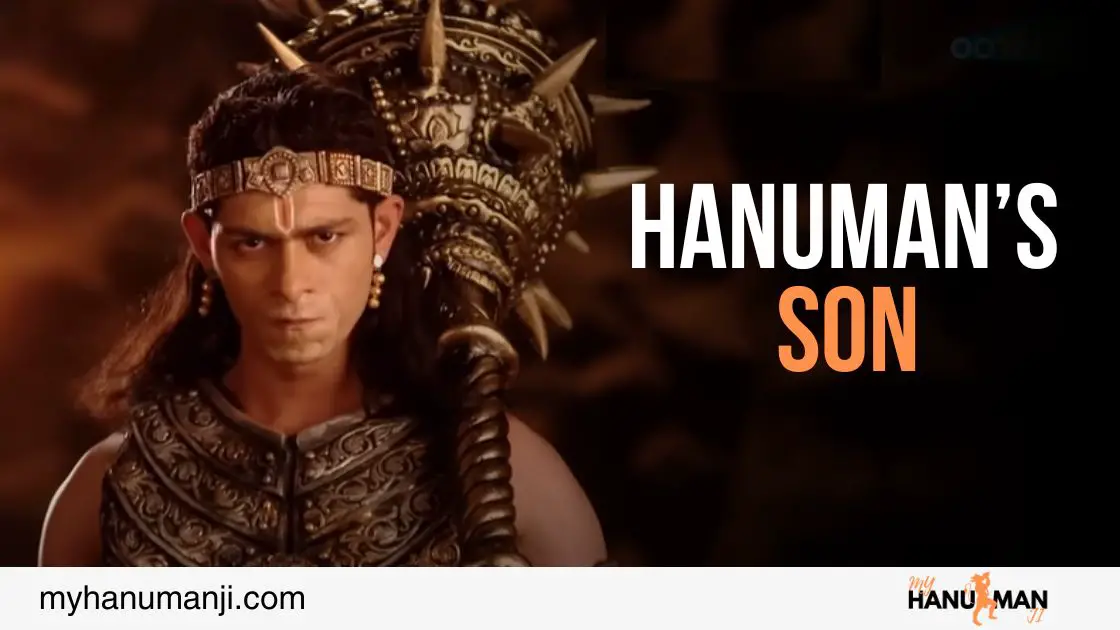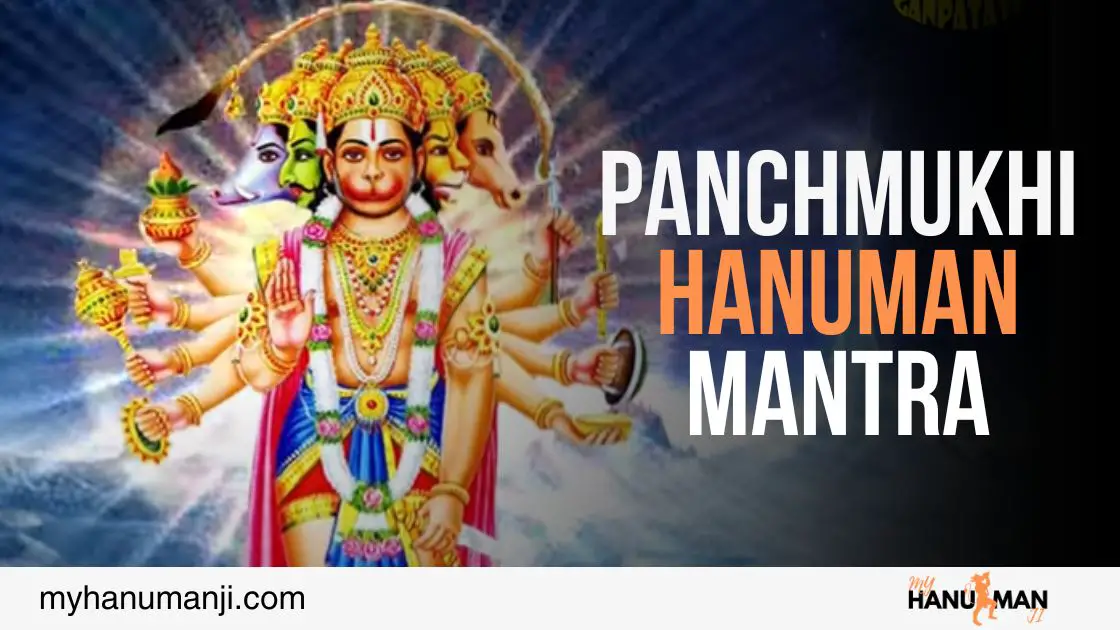Hanuman is a central figure in the epic Hindu scripture, the Ramayana. However, when it comes to his lineage and the question Who is Hanuman son?, the answers are not as straightforward. In this article, we will delve into the mysteries surrounding Hanuman’s lineage and explore the various perspectives and beliefs surrounding this intriguing topic.
The Birth of Hanuman
To understand the question of Hanuman’s son, we must first explore the circumstances of his own birth. According to Hindu mythology, Hanuman was born to Anjana and Kesari. Anjana, a celestial nymph known as an apsara, was cursed to be reborn as a monkey. Kesari, on the other hand, was a vanara (monkey) king. Together, they conceived Hanuman through divine intervention, making his birth a unique and extraordinary event.
Hanuman’s Role in the Ramayana
Hanuman’s significance in Hindu mythology is primarily derived from his role in the Ramayana. The Ramayana tells the story of Lord Rama, an incarnation of the Hindu god Vishnu, and his quest to rescue his wife, Sita, from the clutches of the demon king, Ravana. Hanuman became an instrumental ally to Lord Rama, using his incredible strength, intelligence, and unwavering devotion to assist in the mission.
The Quest for Hanuman’s Son
While Hanuman’s exploits and adventures in the Ramayana are well-documented, there is little mention of his progeny. The question of whether Hanuman had a son remains a subject of debate and speculation among scholars and devotees. Some believe that Hanuman remained celibate, dedicating his life entirely to the service of Lord Rama. This perspective emphasizes Hanuman’s role as a symbol of unwavering devotion and selflessness.
Alternative Beliefs and Folklore
Despite the prevailing belief in Hanuman’s celibacy, there are alternative beliefs and folklore that suggest the possibility of his fathering a child. One such belief is that Hanuman had a son named Makardhwaja. According to this belief, Makardhwaja was born to a fish goddess named Makardhwajini. The story goes that Hanuman, while leaping across the ocean in search of Sita, encountered Makardhwajini, who was mesmerized by his divine aura. Their union resulted in the birth of Makardhwaja, who grew up to become a valiant warrior.
The Symbolic Interpretation
Another perspective on the question, ‘Who is Hanuman son?’. is the symbolic interpretation. Some scholars argue that the concept of Hanuman having a son is not to be taken literally but rather symbolically. They suggest that the idea of a son represents the continuation of Hanuman’s legacy and the passing on of his virtues and qualities to future generations. In this interpretation, anyone who embodies the spirit of devotion, strength, and selflessness can be considered a “son” of Hanuman.
Conclusion
The question of Hanuman’s son remains a subject of intrigue and speculation. While the prevailing belief is that Hanuman remained celibate, there are alternative beliefs and folklore that suggest the possibility of his fathering a child. Whether one chooses to interpret this question literally or symbolically, the essence of Hanuman’s character and his significance as a symbol of devotion and strength remains unchanged. Hanuman continues to inspire millions with his unwavering loyalty and selfless service, reminding us of the power of faith and the potential within each of us to overcome obstacles and achieve greatness.




